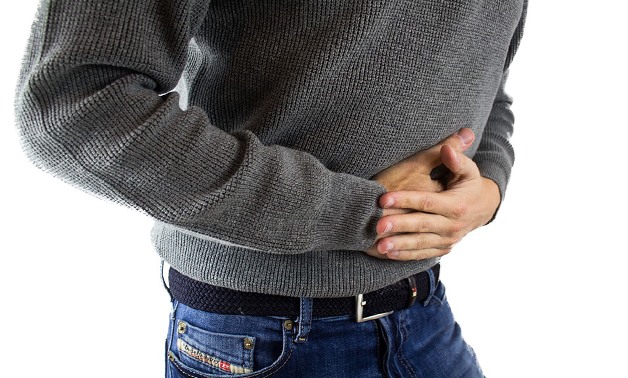
cc via Pixabay
CAIRO – 1 May 2018: Irritable bowel syndrome (IBS) is a chronic disorder that affects the large intestine, and it requires a long-time management plan. It is one of the most common functional diseases of the digestive system. If not controlled, it can lead to chronic constipation or diarrhea, affecting the quality of the patient’s life, including missing work or school; in some cases, it can lead to depression or anxiety.
You are more likely to have IBS if you are under 50 year old, if you are a female (the risk is higher for females who have received estrogen therapy before or after menopause), and if you have a family history of IBS. If you have any mental health problems like anxiety or depression, IBS symptoms may be aggravated.
Signs and symptoms
Signs and symptoms of this disorder vary, but the most common include abdomen cramping and pain usually in the lower half of the belly, belly discomfort, bloating and a belly that sticks out, excess gas, mucus in the stool, and trouble with bowel habits, including diarrhea and/or constipation. These signs and symptoms can be worse at times and disappear completely at other times.
Foods to avoid and others to consume
Diet can have a positive or negative effect on IBS symptoms. Many people have worse IBS symptoms when they eat or drink certain foods or beverages, like foods containing gluten (wheat, barley and rye), dairy products, raw and citrus fruits, beans, high-gas foods like cabbage and cauliflower, carbonated drinks, and caffeine (in coffee, teas and sodas).
On the other hand some, foods and drinks can help relieve the symptoms of IBS, including high-fiber foods, like whole grains, vegetables and nuts that help reduce constipation. It is also important to eat at regular times, not to skip any meals and to eat small meals. Some drinks also help reduce and relieve the abdominal pain and bloating, like anise and peppermint teas.
Treatment
If the symptoms of IBS are mild, they can often be treated by managing stress and modifying diet and lifestyle. Also, try to avoid foods that trigger the symptoms, drink plenty of water, exercise regularly, do not smoke and get enough sleep. In some cases, a doctor might suggest medications like fiber supplements and laxatives to control constipation, or anti-diarrheal medications, anticholinergic medications, tricycle antidepressants and pain medications.
Prevention
To prevent IBS, ways should be found to deal with stress in order to ease the symptoms. These ways can include visiting a counselor who can help control and manage responses to stress, learning how to relax certain muscles through relaxation exercises, and meditating to help focus on being present in the moment and letting go of worries.

Comments
Leave a Comment